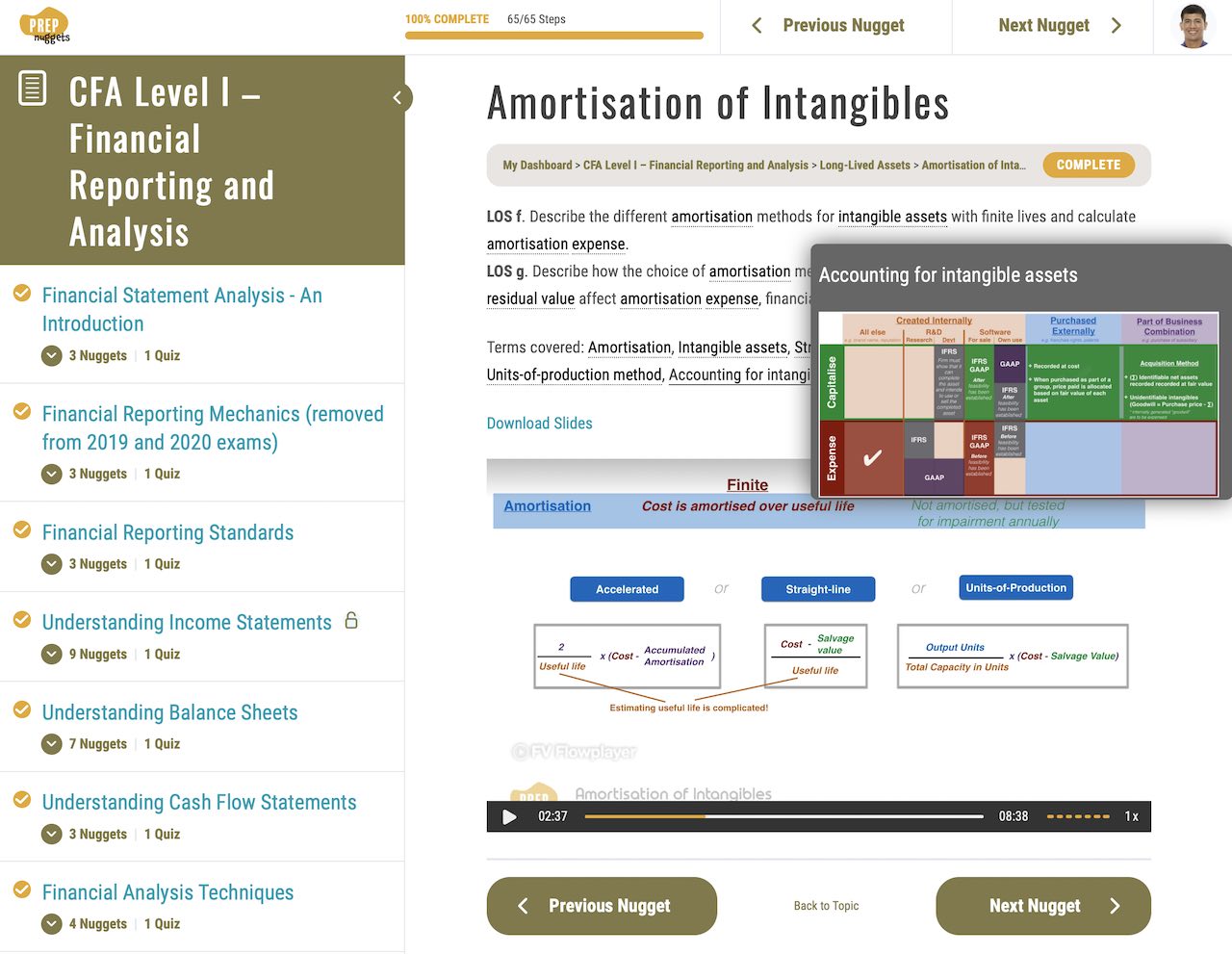Characteristics of a Well-Functioning Financial System | CFA Level I Equity Investments
Functions of the Financial System
First things first, let’s have a quick recap of the financial system’s primary functions:
- Help participants achieve their purposes in using the financial system.
- Determine the returns that equate the total supply of savings with the total demand for borrowing.
- Allocate capital to its most efficient uses.

Participants in the financial system include individuals, firms, and governments. Some of their purposes are to:
- Save for the future
- Borrow for operational needs
- Issue equity to raise capital for expansion
- Manage and hedge financial risks
- Exchange assets such as currencies and commodities
- Profit through information advantage
Complete Markets and Efficiency
A well-functioning financial system allows participants to achieve their purposes. More specifically, complete markets:
- Allow investors to save for the future at fair rates of return
- Enable creditworthy borrowers to obtain funds through debt or equity issuance
- Allow hedgers to easily trade away or offset the risks that concern them
- Allow traders to easily exchange currencies, commodities, and other assets they need
If a market can perform these functions at low trading costs, it is said to be operationally efficient. If security prices reflect all the information associated with fundamental value in a timely fashion, then the financial system is informationally efficient.
Financial Intermediaries in a Well-Functioning Financial System
Key players in a well-functioning financial system include:
- Exchanges, brokerages, and alternative trading systems that match buyers to sellers
- Dealers that provide liquidity on demand to traders
- Securitisers that securitise assets to produce investment instruments attractive to investors, lowering interest costs for borrowers
- Banks that match investors to borrowers by taking deposits and making loans
- Insurance companies that pool uncorrelated risks
- Financial advisors that help investors manage and grow their assets
- Clearinghouses that ensure everyone settles their trades and contracts
- Depositories that ensure nobody loses their assets
Benefits of a Well-Functioning Financial System
With a well-functioning financial system:
- Savers and investors can directly or indirectly fund companies that need capital for expansion or projects
- Risk can be transferred to those better equipped to bear it
- Transactions can occur among strangers, widening opportunities for capital formation and risk-sharing in the economy
- Capital is allocated to its most productive use, leading to allocationally efficient markets
Allocation Efficiency and Informational Efficiency

In well-functioning financial systems, markets are allocationally efficient. This means:
- Reporting requirements and accounting standards produce meaningful and timely financial disclosures
- Analysts can form more accurate estimates of fundamental values
- Well-informed traders make prices informationally efficient
If markets are operationally efficient, prices will also be more informationally efficient because low trading costs encourage trading based on new information.
✨ Visual Learning Unleashed! ✨ [Premium]
Elevate your learning with our captivating animation video—exclusive to Premium members! Watch this lesson in much more detail with vivid visuals that enhance understanding and make lessons truly come alive. 🎬
Unlock the power of visual learning—upgrade to Premium and click the link NOW! 🌟









